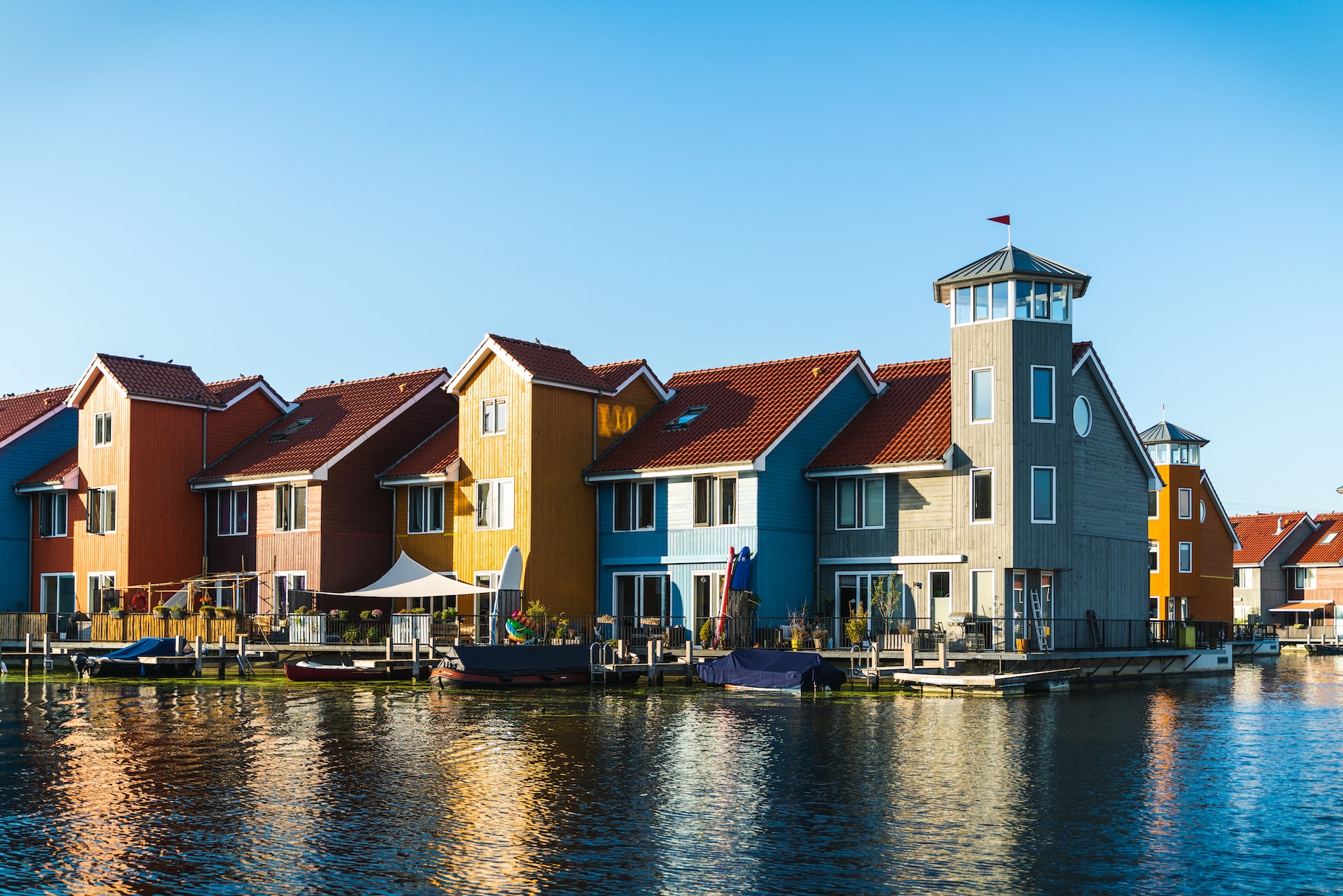Introdution
In the unique Dutch real estate landscape, expats face a pivotal choice: Apartment vs. House. This guide dives into the “Apartment vs House” debate, exploring the financial and lifestyle implications of each within the Dutch context.
Investment Outlook
- Appreciation Potential:
- Houses: In the Netherlands, houses often hold a strong appreciation potential owing to the land ownership aspect. Regions like Amsterdam, Utrecht, and The Hague have witnessed a steady rise in house prices over the years.
- Apartments: Urban apartments, especially in city centers, have seen a significant appreciation too, driven by the demand from a growing urban population and international expatriates.
- Rental Yield:
- Houses: Houses in family-friendly neighborhoods or close to reputable schools tend to attract long-term tenants, ensuring a stable rental income.
- Apartments: Conversely, apartments, especially in bustling city centers like Amsterdam or Rotterdam, attract a plethora of tenants ranging from students to young professionals, often yielding higher rental returns.
- Resale Value:
- Houses: While the resale of houses might take a slightly longer time, the return on investment, particularly in well-sought areas, can be substantial.
- Apartments: Apartments usually offer a quicker resale avenue, given their lower price point and high demand among a broad demographic.
Cost and Affordability
- Purchase Price:
- Houses: The purchase price of houses in the Netherlands varies greatly depending on the location, size, and condition of the property. Houses in suburban or rural areas are typically more affordable than those in urban centers.
- Apartments: Apartments offer a more affordable entry point into the Dutch real estate market, with prices being considerably lower in comparison to houses.
- Maintenance Costs:
- Houses: Owning a house comes with the sole responsibility for maintenance costs. The historic charm of many Dutch houses often entails higher maintenance costs to preserve their authentic appeal.
- Apartments: In apartment complexes, maintenance costs are commonly shared among the owners, significantly reducing the financial burden on individual owners.
- Property Taxes:
- Property taxes in the Netherlands are a crucial factor in the cost analysis. While the rates are standardized, the absolute amount significantly varies based on the type and value of the property.
Location and Accessibility
- Proximity to City Centers:
- Houses: Houses located close to city centers are a rarity, and when available, come with a hefty price tag. However, suburban houses offer a serene environment and often larger living spaces.
- Apartments: Apartments reign supreme in providing close proximity to urban amenities, workplaces, and social hubs, making them an attractive choice for those who thrive in vibrant settings.
- Public Transport Access:
- Houses: Suburban houses may necessitate owning a vehicle due to limited public transport access.
- Apartments: The strategic location of apartments often grants easy access to well-connected public transport networks, a feature highly valued in cities with intricate public transport systems like Amsterdam and Rotterdam.
- Schools and Facilities:
- Houses: Families often prefer houses in neighborhoods close to reputable schools, healthcare facilities, and parks.
- Apartments: While apartments may provide proximity to many facilities, the availability of family-oriented amenities may be more restricted compared to suburban house settings.
Conclusion
The narrative of “Apartment vs House” in the Netherlands unfolds a spectrum of considerations for expatriates. The financial, lifestyle, and long-term implications of this choice require a meticulous assessment to align with one’s aspirations . While the allure of a modern Dutch apartment overlooking a serene canal may captivate many, the quaint allure of a standalone house with a private garden might resonate with others.






